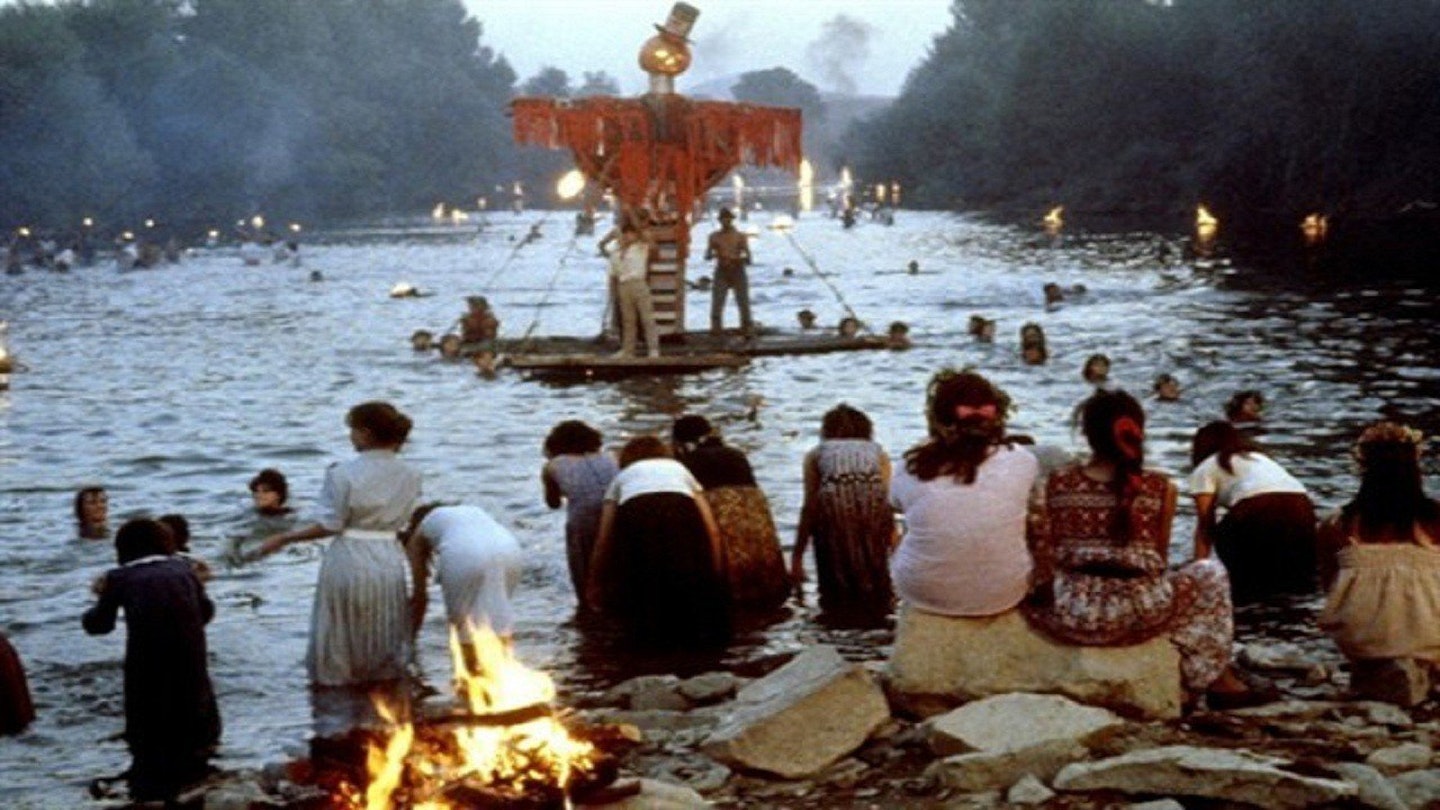This was the last entry in the trilogy of rites-of-passage pictures with which Emir Kusturica began his career. Following his collaborations with Muslim poet Abdulah Sidran on Do You Remember Dolly Bell? and When Father Was Away on Business , this was also Kusturica's first contemporary outing and its shift away from bleakly nostalgic satire established a trend for dividing critics along ethnic and political lines. Yet whether Kusturica was presenting life as he found it or reinforcing patronising stereotypes, it's impossible not to be swept along by the intoxicating combination of comedy and tragedy, fantasy and realism that has since become the Bosnian's trademark.
The child-smuggling storyline was inspired by a newspaper article. But the biggest influence on the film was Luis Buñuel's Los Olvidados, which made similar use of magic realism to capture the delirious desperation of poverty (although Kusturica also acknowledged a debt to John Ford). Life in the Skopje enclave is presented as every bit as vibrant, violent and vulgar as it was in Buñuel's Mexico City. But the wedding, the funeral and the St George's Day parade sequences suggest a joyous community spirit that is conveyed with unaffected vitality by Kusturica's impressive non-professional cast.
Yet, while the fluid opening shot depicts beggars, gamblers and supplicants hoping for easy answers, Perhan's meticulous preparation of limestone - as he seeks to impress his beloved Azra whose mother refuses to let them marry on account of his penury - makes his descent into exploitative crime all the more dispiriting. His devotion to his sister and his grandmother reinforce this sense of innocence being corrupted. But, while it's clear that he inherited his telekinetic powers from his faith-healing grandmother, it's also implied, by the brutish presence of his sleazy uncle, that criminal tendencies also run in the family.
Lyrical, elliptical, mesmerising and disconcerting, this is an exhilarating insight into the mysticism and pragmatism of Roma culture. But it's also a shocking indictment of a continent that ignores the perpetuation of the almost Dickensian abuse of youth.
